Hot Topic | Author Controversy | Cancel Culture and the Internet: Remembering the Humanity Behind the Screen
- A. Jean

- Jun 6
- 8 min read
(Quick Side Note: I am a relatively new author and not an expert by any means. What I’m going to share with you are things I’ve learned along my own journey into self-publishing. I have ADHD and Autism, which is relevant because when I start something new, I tend to dive into a lot of research on the topic so I can learn as much as possible. Essentially, I’m a bundle of random information on a variety of topics. You really never know what I’m going to say if you ever meet me in person—LOL. I figured I’d share my plethora of information with you.)
The internet is a powerful tool. It connects us, gives us a platform to share our thoughts, and provides access to information like never before. But as much as it brings people together, it has also become a breeding ground for negativity, mob mentality, and the erasure of basic human empathy. One of the most troubling manifestations of this is cancel culture—especially when it targets individuals like authors, creators, and public figures. There’s an alarming pattern of forgetting that the person on the other side of the screen is a human being with feelings. The internet doesn’t just stop at critiquing someone’s work anymore; it often goes deeper, diving into their personal lives to find ammunition for attacks. This isn’t okay. It needs to stop. This topic has been weighing on me since I opened social media on Monday and saw a new drauma unraveling on multiple platforms. I think it's something that needs to be addressed so... let’s take a closer look at the issue and why it’s so harmful.
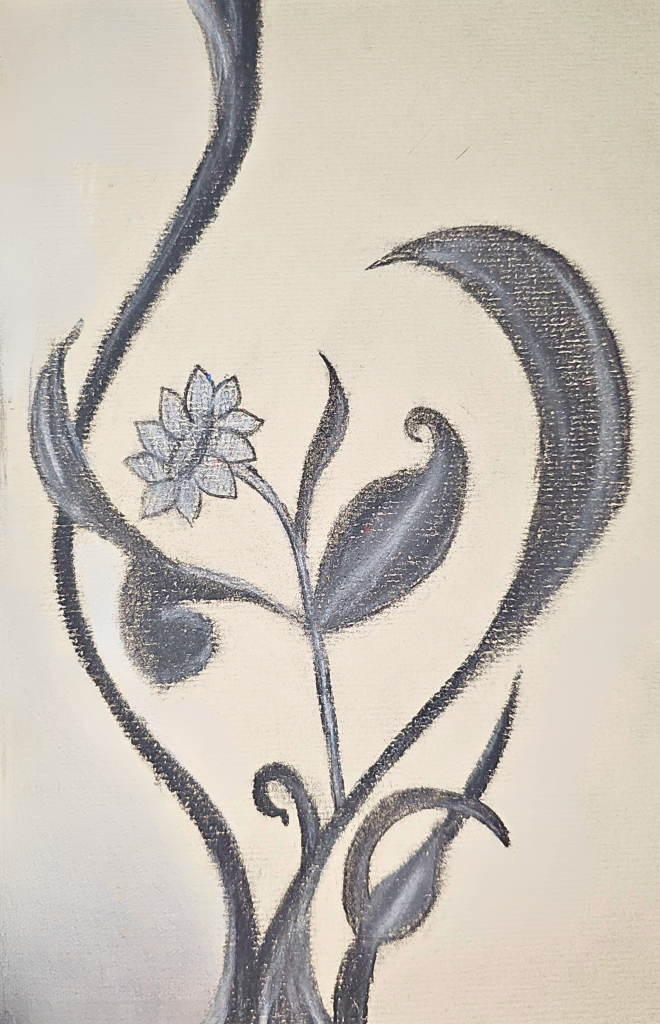
1. Cancel Culture: A Double-Edged Sword
Cancel culture, at its core, stems from a desire for accountability. It’s true that some people—and their actions—deserve to face consequences. Harmful behaviors, racism, sexism, bigotry, and abuse should never be excused or ignored. But somewhere along the way, cancel culture has turned into something much darker: a tool for public shaming, harassment, and destruction, often without context, hard proof, or nuance.
When one person calls someone out online, it can quickly snowball into thousands of people attacking that individual. The result isn’t accountability; it’s a relentless wave of shame that can crush someone emotionally and mentally.
Nobody pauses to try to handle these situations delicately, any nuance is lost... The internet thrives on extremes. It’s easier to label someone as “good” or “bad” than to acknowledge the complexity of human beings. But the reality is no one is perfect, we all have skeletons in our closet, and reducing someone to their worst mistakes—or worse, cherry-picking things to paint them in the worst light—isn’t justice. It’s cruelty. It's disgusting.
2. The Problem with Digging into Someone’s Personal Life
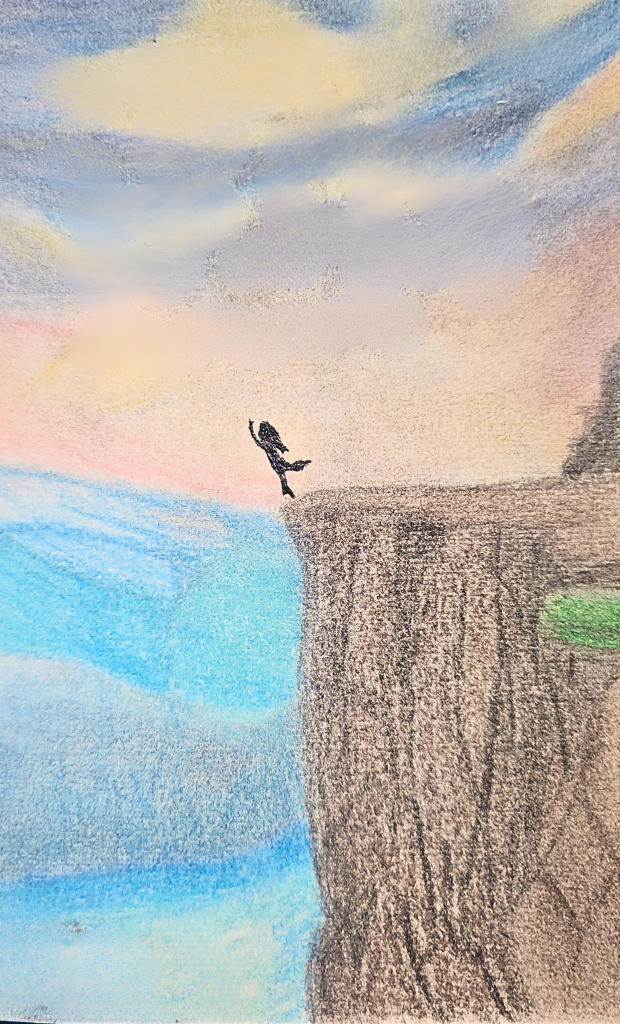
In the world of books and authors, this issue has reached an unsettling level. Readers are no longer just reading books and critiquing the stories. Instead, some are conducting in-depth research into authors’ personal lives, digging for anything they can use to attack or “cancel” them... (As if the thought of someone else's even minor success is an affront to them that they must stop...) It’s one thing to discuss the content of a book; it’s another to launch personal attacks on the author themselves. Remember authors are human too, and behind every book is a person. (We're ignoring the AI written ones.) A person who spent hours, months, or years pouring their heart and soul into their work. They are not immune to criticism, but they are also not immune to pain. When you attack an author personally, you’re not aiming at a faceless entity—you’re aiming at a real human being. Someone you should be able to empathize with or at the very least not want to harm.
Critiquing a book is fair game. Not every story will resonate with every reader, and thoughtful discussions about problematic themes or writing quality are part of the literary world. As authors we start our journey knowing we are inviting criticism from strangers, it's just part of being any kind of artist or writer. But when the conversation shifts to attacking the author’s character, past, or personal life, it crosses a line into harassment.
3. Forgetting the Humanity on the Other Side
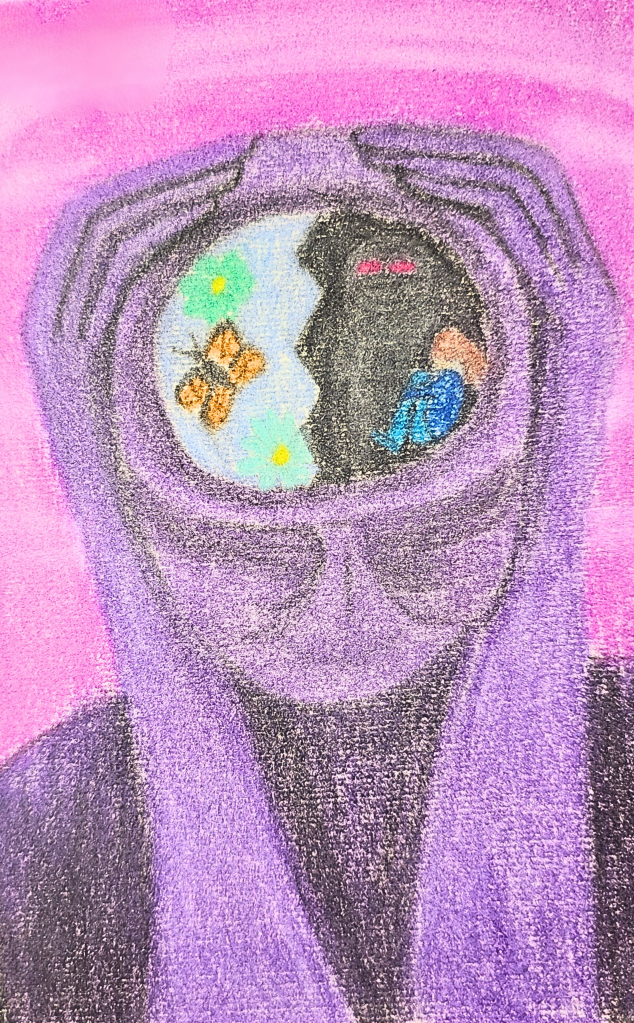
One of the biggest issues with the internet—and cancel culture specifically—is the way it dehumanizes people. It’s easy to forget that the person you’re attacking online has feelings, loved ones, and a life outside of what you see on your screen. (I personally think we should go back to the, if you wouldn't say it to the persons face, you shouldn't post it in a comment either.)
The internet creates a false sense of distance and gives everyone a level of anonymity. People say things online that they would never dream of saying to someone’s face. That anonymity can embolden cruelty, but it doesn’t make it any less harmful. (Instead it makes it even more harmful because it incites a mob, people looking to jump onboard to gain their ten minutes of fame.)
You end up with a horde of people... all ganging together to publicly shame someone... But public shaming isn’t just embarrassing—it can be devastating. People who have been “canceled” often report experiencing anxiety, depression, and even suicidal thoughts. Is ruining someone’s life really worth it because you didn’t like a tweet they posted 10 years ago? (If you answered yes, I kindly ask you to do some soul searching. The answer should be no...)
4. The Importance of Context and Nuance
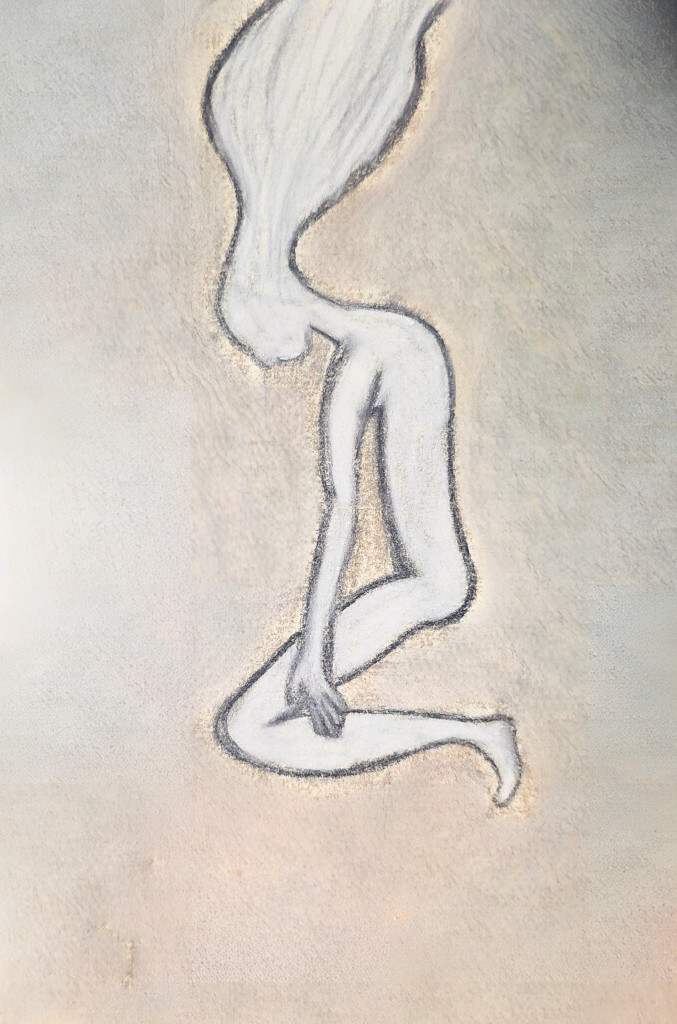
Part of the problem with cancel culture is the rush to judgment. The internet moves at lightning speed, and once the mob has decided someone is “canceled,” it can feel impossible for that person to defend themselves or provide context. But because we are humans, we have the ability to learn and grow as individuals. Holding someone accountable for a mistake they made years ago, without acknowledging how they’ve changed since, is unfair. Humans are constantly learning and evolving, and we all deserve the chance to grow. Another troubling pattern I've noticed during these uproars... is the way people selectively present information about someone to make them look as bad as possible. Digging through someone’s past to find dirt isn’t about accountability—it’s about tearing them down.
(I'm going to say something that's going to make several people mad but if tearing other people down is how you make yourself feel better. You need to work on yourself, do some soul searching, and maybe find your own happiness instead of spending time trying to ruin other people's happiness and success. I said what I said.)
5. How We Can Do Better
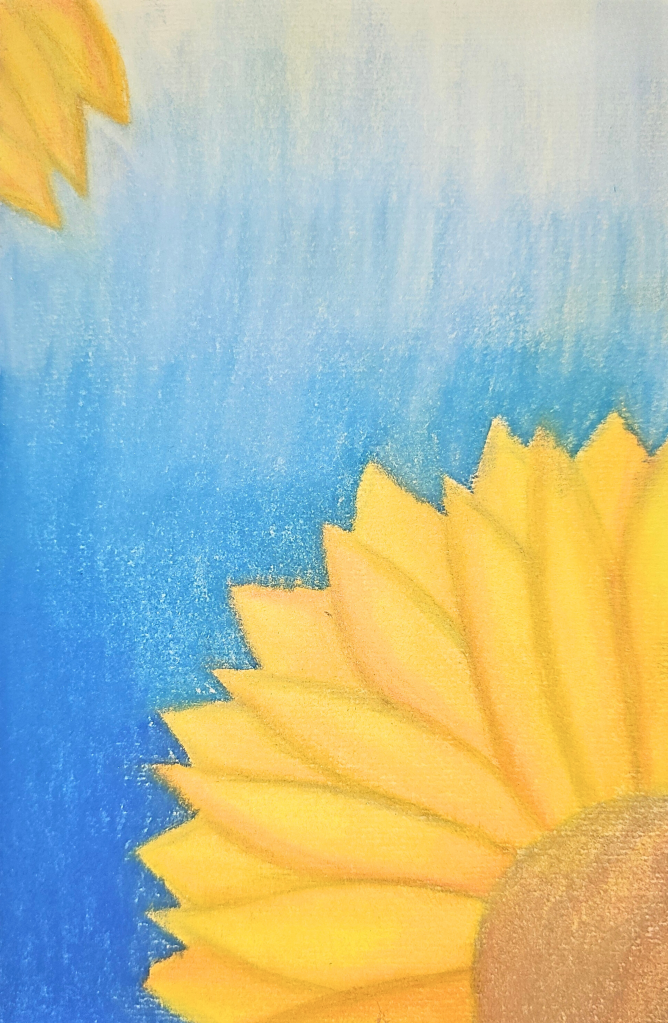
It’s easy to get swept up in the negativity of the internet, but we have the power to change the way we engage with others online. Here are a few ways we can do better: Pause Before You Post: Before jumping into a pile-on or sharing a negative comment, take a moment to ask yourself: Is this constructive? Am I adding value to the conversation, or am I just contributing to the negativity? (And maybe ask yourself how you'd feel if you were the person being attacked...) Separate the Work from the Person: It’s okay to critique a book, movie, or piece of art. But keep the conversation focused on the work itself, not personal attacks on the creator. Acknowledge Complexity: People aren’t black-and-white. Instead of reducing someone to a single mistake or misstep, try to see the bigger picture. Look for growth, context, and nuance. Remember Empathy: Behind every screen is a human being. Treat people online the way you would want to be treated in person—with kindness, respect, and understanding.
6. And Finally... Choose Kindness Over Cruelty
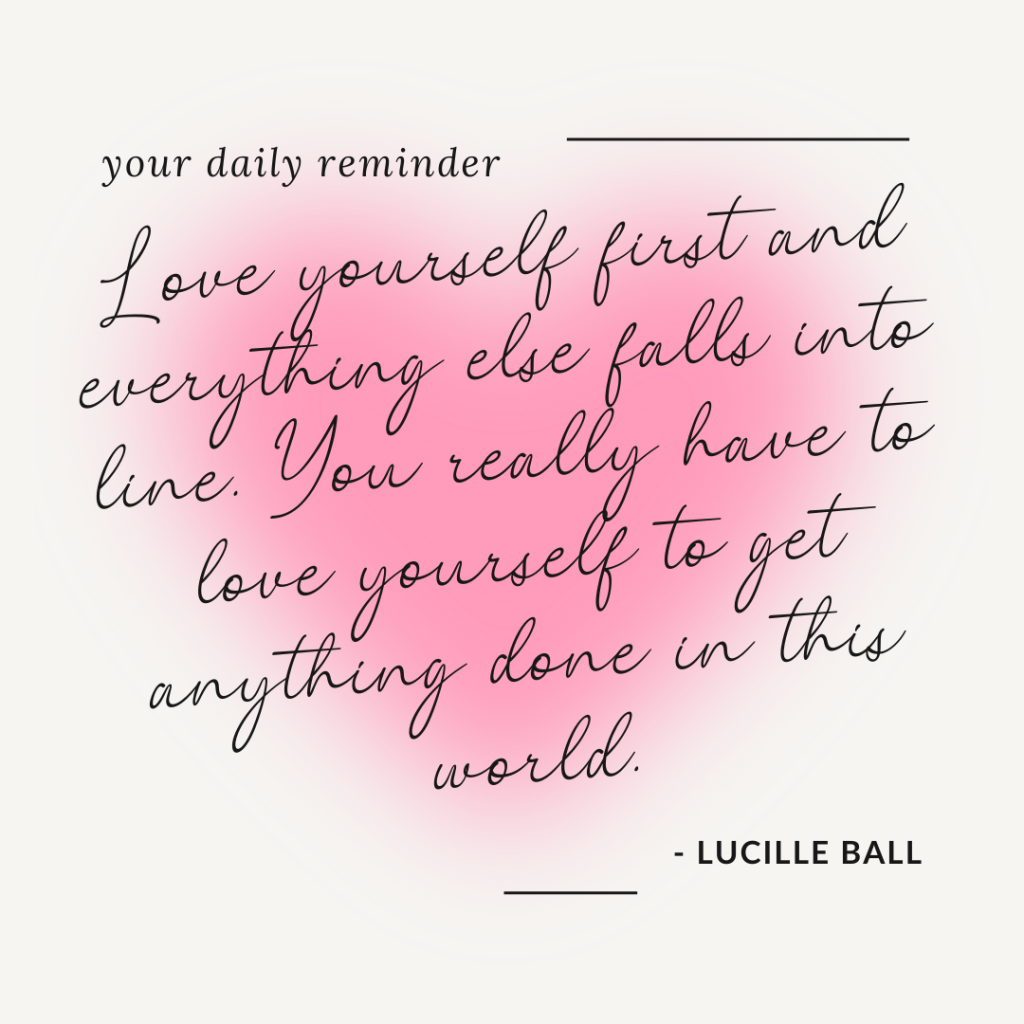
The internet has created a culture where it’s all too easy to forget that the people we judge, critique, and attack are just that—people. Authors, creators, and public figures are not immune to pain, a lot of us struggle with our own mental health issues, chronic health issues, and family issues on a daily basis, and cancel culture often does more harm than good. We need to do better. We need to remember the humanity on the other side of the screen. We need to stop digging into people’s personal lives to tear them down. And we need to choose kindness over cruelty. The next time you’re scrolling online and see someone being attacked, take a moment to pause. Resist the urge to join the mob. Instead, ask yourself: How would I feel if I were in their shoes? Because at the end of the day, we’re all human—flawed, complex, and deserving of empathy. Let’s not forget that.
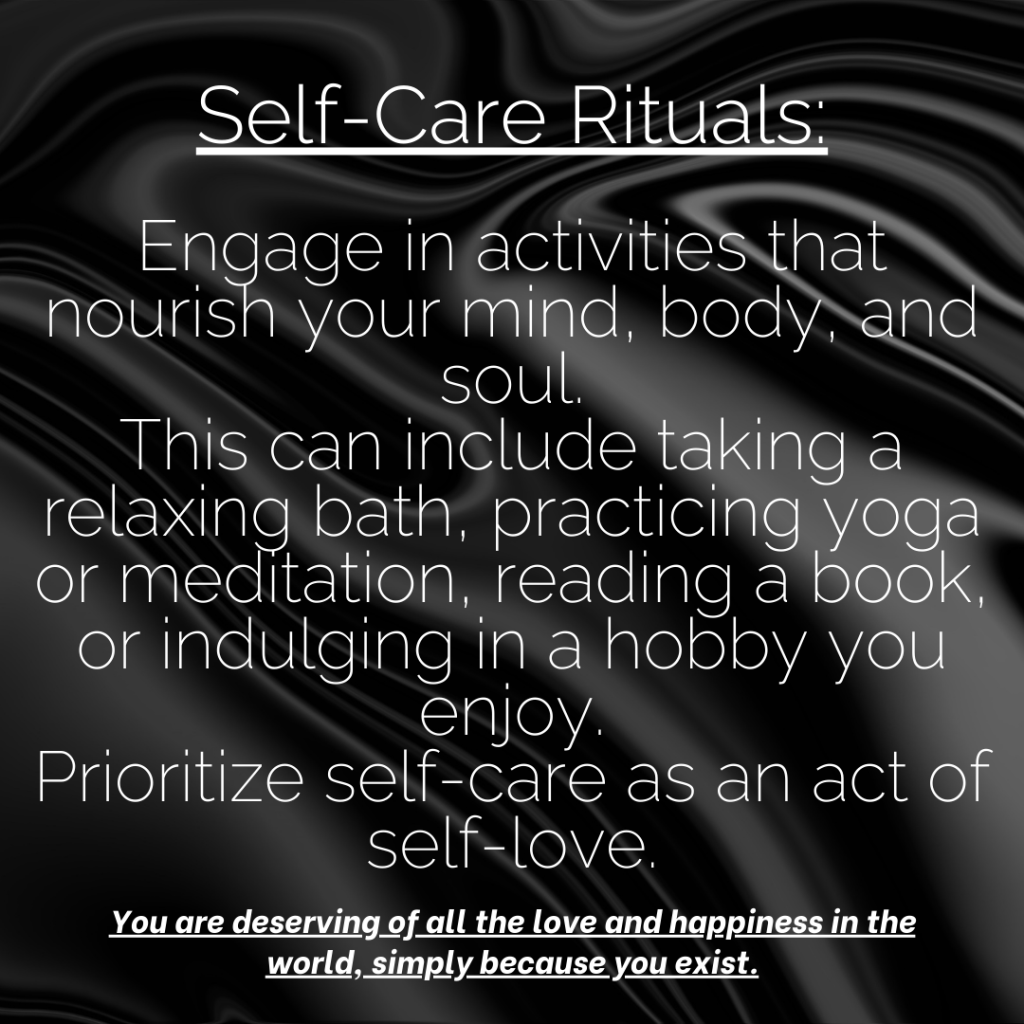
We are all messy, chaotic, incredibly different, and amazingly beautiful human beings. We all have skeletons in our closets, we all have mistakes we regret, and we’ve all said and done things we wish we hadn’t. So, remember to give grace to the creators you see—the authors, the artists, and everyone else on the internet. Our differences are what make us interesting, and our messiness makes us relatable. Life is chaotic, and that’s okay. We can learn to embrace all of it—our flaws, our beauty, and our differences. By doing so, maybe we can decrease the amount of negativity in the world. Just a thought.
If you've read this far, you've made it to the end of my rant. Thanks for reading. And as always my lovelies, have a great day and happy reading. I'd love to hear your thoughts, but let's keep the discussion respectful and kind. All sides are welcome to join in, but the discussion needs to remain respectful, constructive, and kind! Rudeness will not be tolerated and comments will be deleted! Let’s discuss in the comments!
Various Disclaimers
Medical Disclaimer: I am not a medical professional, licensed therapist, or counselor. The information provided in this blog is based on personal experience, learned life lessons, and insights gained from my own journey with therapy. It is important to seek help from a licensed professional if you are in crisis or in need of immediate assistance. Please reach out to your local agencies or contact a help hotline for the support you require. (Trevor Project: Text 678-678)
Medical & Religious Disclaimer: I do not claim to be an expert on the topics discussed in this blog. I am constantly learning and evolving, and the information provided is based on my personal experiences, conversations with friends, and research. If you come across any inaccuracies or incorrect information, I encourage you to kindly bring it to my attention so that I can make the necessary corrections. While I strive to be as accurate as possible, I am not an expert in any religion or mental health issues. Your feedback is valuable to me, as I am always eager to learn and improve.
General Disclaimer: I do not claim to be an expert on the topics discussed in this blog. I am constantly learning and evolving, and the information provided is based on my personal experiences, conversations with friends, and research. If you come across any inaccuracies or incorrect information, I encourage you to kindly bring it to my attention so that I can make the necessary corrections. While I strive to be as accurate as possible, I am not an expert in topic of conversation, I’m not sure I believe anyone can be an expert in anything when we are always learning and new information is always being discovered. Your feedback is valuable to me, as I am always eager to learn and improve. (The key word is KINDLY bring any errors to my attention, rudeness will be ignored.)
About The Author: A. Jean, also known as AJ, is a fantasy romance author of the Shadows of The Faye Series and the upcoming A Dance With Death: The Slayer's Descent. As a self-published indie author, she loves creating intricate worlds and connecting with her audience through her books, social media, and blog. When she’s not writing, you can find her tending to her farm animals or dreaming up her next fantastical adventure. Follow her journey as an indie author and aspiring hybrid author to learn more about the publishing process and writing life!


Comments